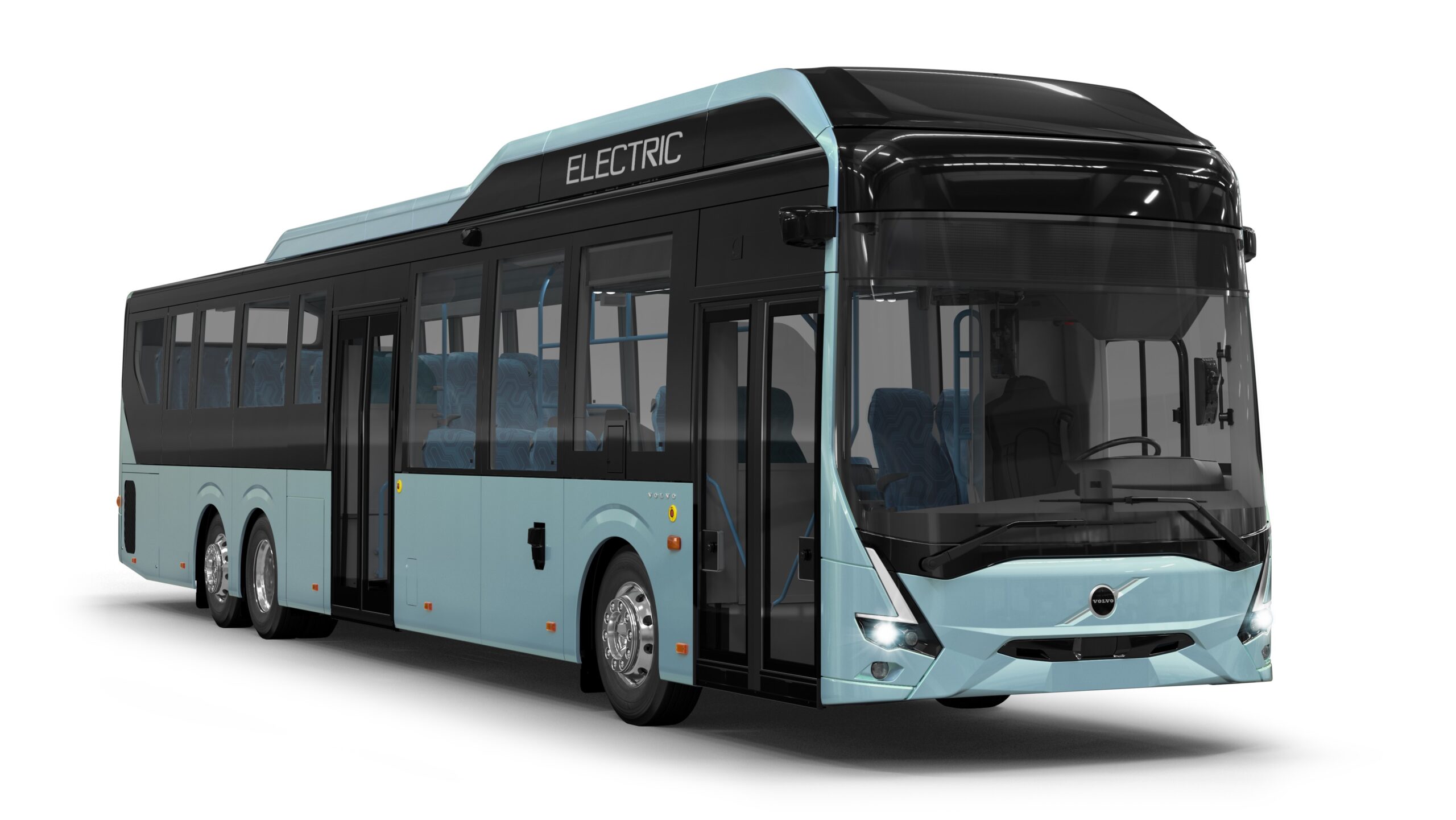
Volvo launches electric intercity bus on modular BZR platform

The Volvo Buses 8900 Electric is a low-floor intercity bus on a brand-new platform, coming in 2025 /Volvo Buses
Volvo Buses, the sister brand of Volvo Trucks, launched the new Volvo 8900 Electric intercity bus, the successor to the 8900, in 2010. This


Comments
Ready to join the conversation?
You must be an active subscriber to leave a comment.
Subscribe Today